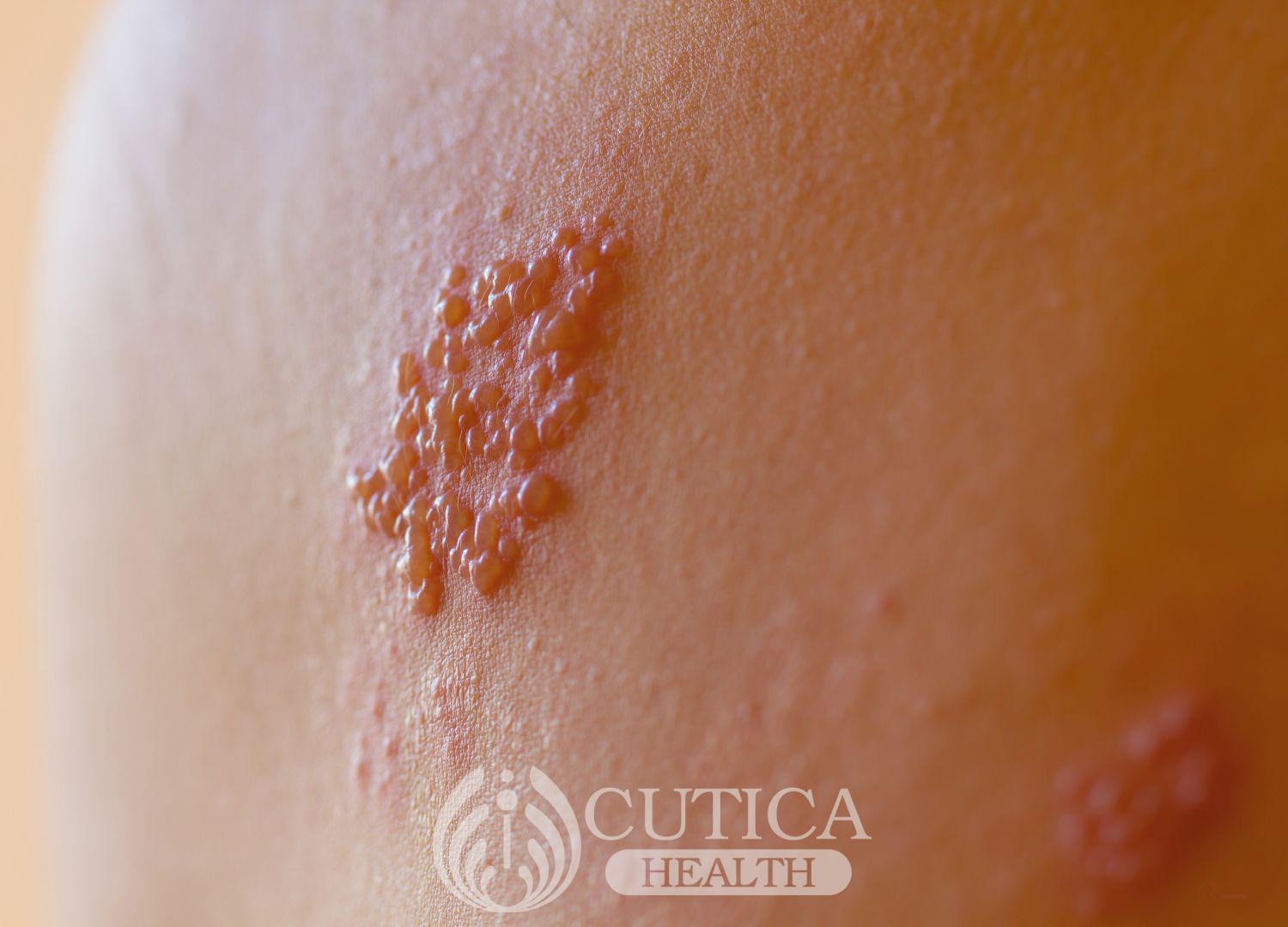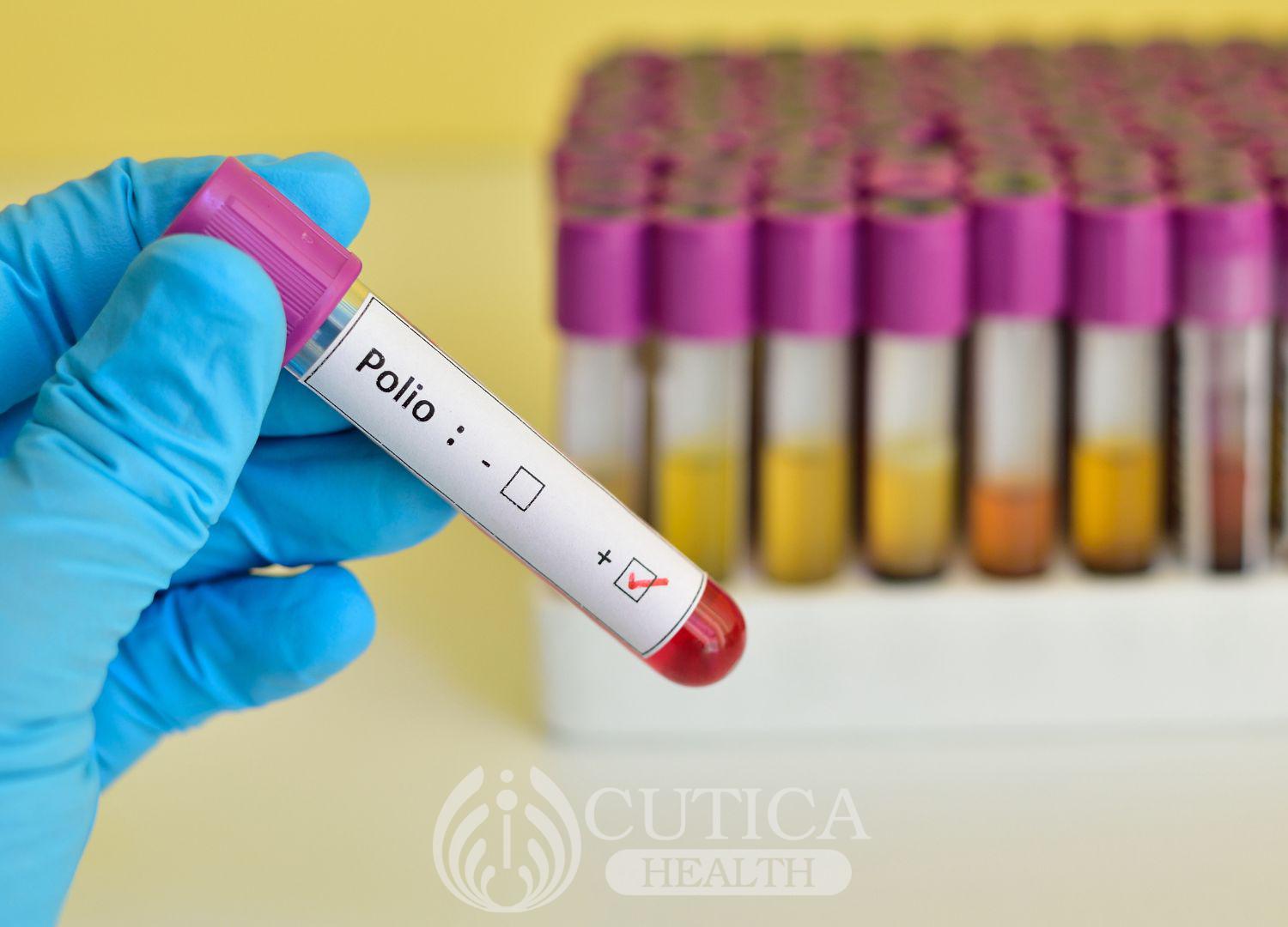
Janet noticed a rash in her private area. It was painful and had appeared out of nowhere. She was changing into her clothes when she noticed it. She was really worried about it because she did not know what it was. So, she called her friend, Sarah, to see if she could help her understand what this rash was. But Sarah was not sure too, so Janet decided to go into the hospital to see her doctor. Her doctor asked a few questions and looked at the rash. He then informed her that she had genital herpes. “What is genital herpes, doctor?” Janet asked visibly worried.
Introduction
Genital herpes is a prevalent sexually transmitted infection (STI) caused by the herpes simplex virus (HSV). It affects millions of people worldwide, causing discomfort, emotional distress, and sometimes severe health complications. Despite its prevalence, genital herpes remains surrounded by stigma and misinformation.

What is Genital Herpes?
Genital herpes is primarily caused by two strains of the herpes simplex virus: HSV-1 and HSV-2. While HSV-1 is commonly associated with oral herpes (cold sores), it can also cause genital infections. HSV-2, however, is more commonly linked to genital herpes. The virus is transmitted through sexual contact, including vaginal, anal, and oral sex, as well as through skin-to-skin contact with an infected area.
Symptoms of Genital Herpes
Symptoms of genital herpes can vary widely. Some individuals may experience severe outbreaks, while others may have mild symptoms or none at all. Common symptoms include:
- Painful Sores and Blisters: The hallmark of genital herpes is the appearance of painful sores or blisters in the genital area, buttocks, or thighs. These sores can burst, leaving painful ulcers.
- Itching and Tingling: Before the sores appear, many people experience itching, tingling, or burning sensations in the affected area.
- Flu-like Symptoms: During the initial outbreak, some individuals may experience flu-like symptoms such as fever, headache, muscle aches, and swollen lymph nodes.
- Painful Urination: Sores near the urethra can cause pain or discomfort during urination.
Diagnosis and Treatment
If you suspect you have genital herpes, it’s essential to seek medical attention. A healthcare provider can diagnose genital herpes through a physical examination, a swab test of a sore, or a blood test.
While there is no cure for genital herpes, several treatment options are available to manage symptoms and reduce the frequency of outbreaks:
- Antiviral Medications: Drugs like acyclovir, valacyclovir, and famciclovir are commonly prescribed to reduce the severity and duration of symptoms. These medications can also lower the risk of transmission to sexual partners.
- Pain Relief: Over-the-counter pain relievers like ibuprofen or acetaminophen can help alleviate discomfort. Warm baths and wearing loose-fitting clothing can also provide relief.
- Suppression Therapy: For individuals with frequent outbreaks, daily antiviral medication can help suppress the virus and reduce the frequency of outbreaks.
Preventing Genital Herpes
- Preventing the spread of genital herpes involves understanding and reducing risk factors:
- Use Condoms: Consistent and correct use of condoms can reduce the risk of transmission, though it’s important to note that condoms may not cover all infected areas.
- Limit Sexual Partners: Having fewer sexual partners and engaging in mutually monogamous relationships can lower your risk of contracting genital herpes and other STIs.
- Avoid Sexual Contact During Outbreaks: Refrain from sexual activity during an active outbreak, as this is when the virus is most contagious.
- Regular Testing: Regular STI testing is crucial, especially if you have multiple sexual partners. Early detection can help manage the condition and prevent transmission.

Conclusion
Genital herpes is a common and manageable condition that affects millions of people globally. While it can be challenging to cope with, understanding the virus, seeking treatment, and taking preventive measures can help individuals lead healthy and fulfilling lives. By spreading awareness and reducing stigma, we can create a more supportive environment for those affected by genital herpes.












